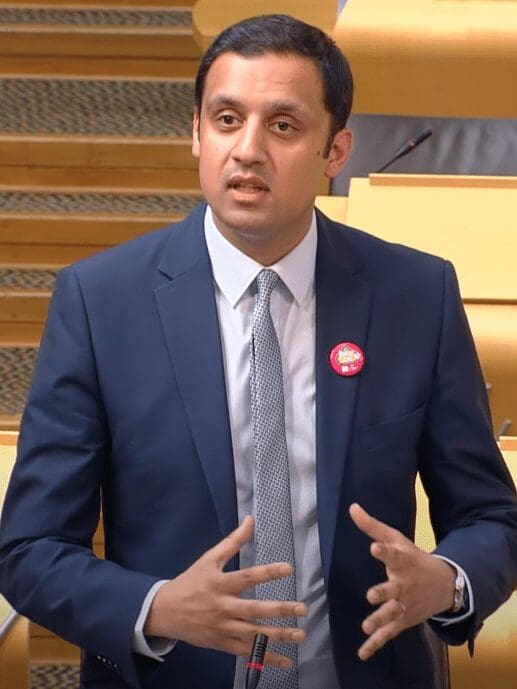In a speech last week, the leader of the Scottish Labour Party provided a ray of sunshine. I am not taking bets, by the way, on the number of times this particular sentence has been written.
But Anas Sarwar was making a serious point which is of critical importance not just for Scotland, but for the UK as a whole.
The specific context was an attack on the tax increases of the SNP, both actual and proposed. But the Scottish Labour leader went much further. Taxation, he said, “has been used as a substitute for economic growth, and it’s actually choking off opportunities”.
Just over a year ago, the Office for Budget Responsibility published a document entitled “Fiscal risks and sustainability”. They highlighted three major areas where demographic changes will put increasing pressure on the public finances. An ageing population means, they wrote, increasing demand for health, pensions and social care.
Fortunately, the real problems these create won’t kick in to the full until the 2030s. But every year that goes by, the pressures produced by an ageing population grow.
The immediate demands from the electorate are almost insatiable. Repair the schools, ease the burden on students, give the NHS more money, better pay for public sector workers, are only some on the list.
But there is not enough money to do everything the electorate wants. In the past fifteen years – from 2007 – the UK economy grew by just 1 per cent a year. In the fifteen years before 2007, it grew at 2.7 per cent a year.
As a broad rule of thumb, each additional 1 per cent on the level of GDP yields an additional £10bn in tax receipts. If the economy had grown at its 1992-2007 average in the past decade and a half, the government would have had some £300bn a year more to either spend or to cut taxes.
This simple figure highlights the fundamental importance of growth. As Anas Sarwar says, taxation is not a substitute for growth. Imagine if taxes were £300bn higher than they are now. Why would anybody bother to make an effort? The economy would grind to a halt.
There is strong evidence that high levels of taxation have an adverse effect on the real driver of economic growth, innovation. Increasing the marginal corporate tax rate has an even bigger impact. An analysis of all the patents filed with both the US and European Patent Offices over a twenty-five year period shows there is a strong negative correlation between marginal tax rates and the fraction of inventors who remain in their native country. The brain drain is real.
Higher public spending, or lower taxes, can of course be paid for by issuing government debt. But the natural experiment carried out by the Truss government a year ago is thought by most to show the severe limits to this particular strategy. Or does it?
The difficulty for any government will of course be to persuade the markets that any extra borrowing, either for spending or tax cuts, will in fact be a stimulus and that growth won’t be used to appease particular interest groups.
At least Labour understands that growth is essential. Taxation is not a substitute.


